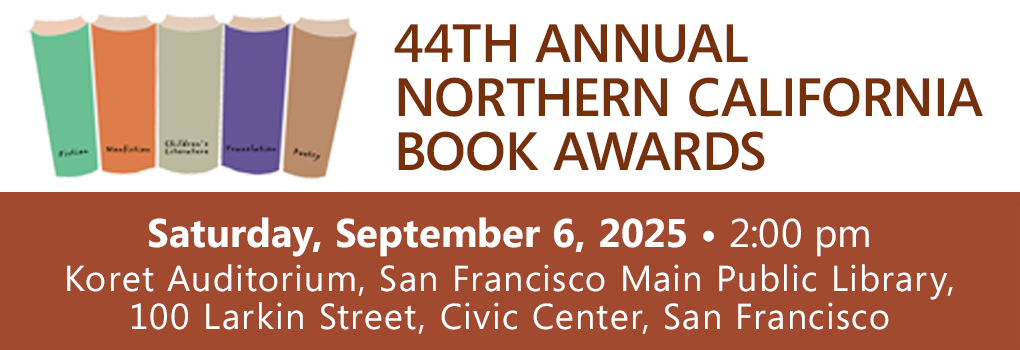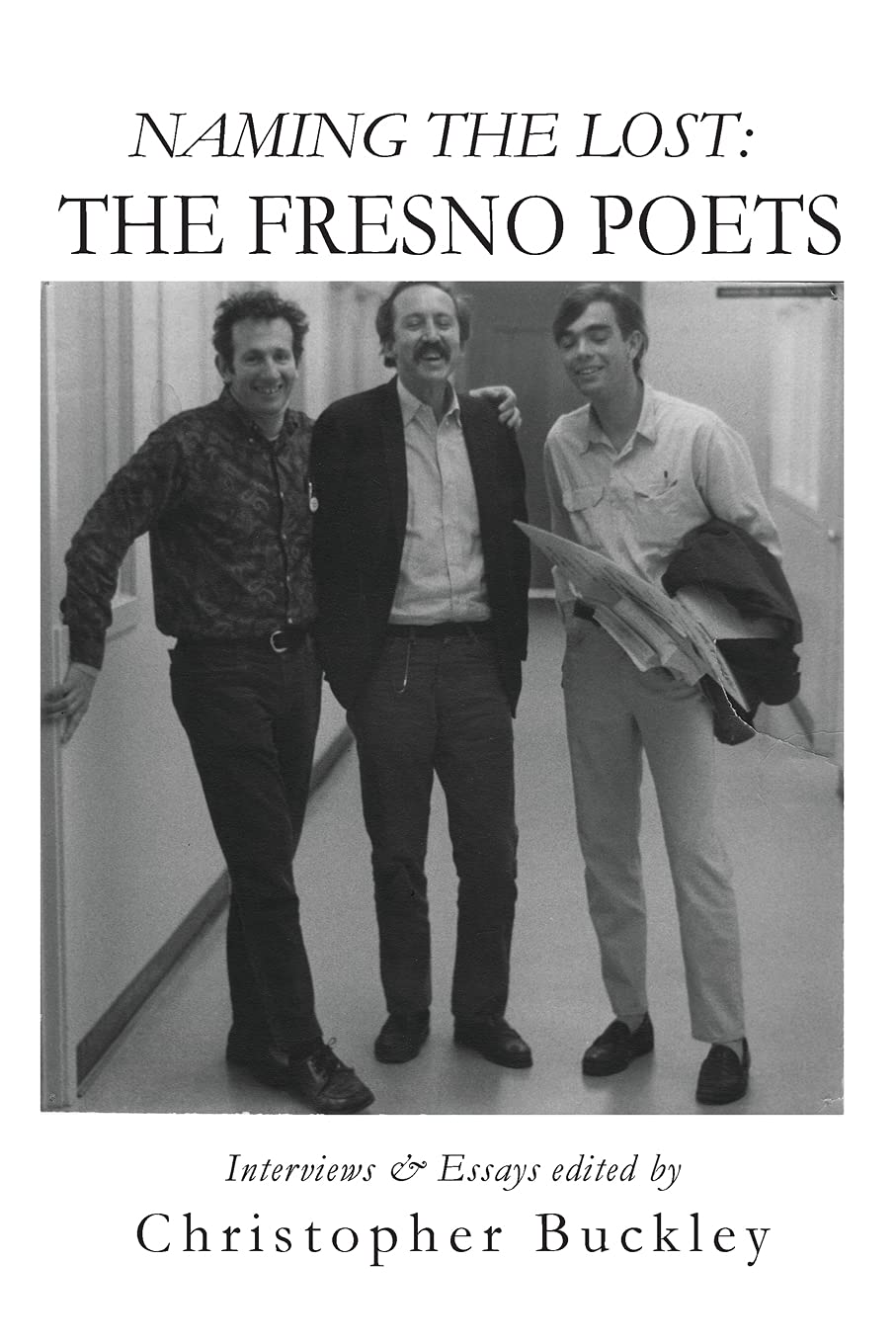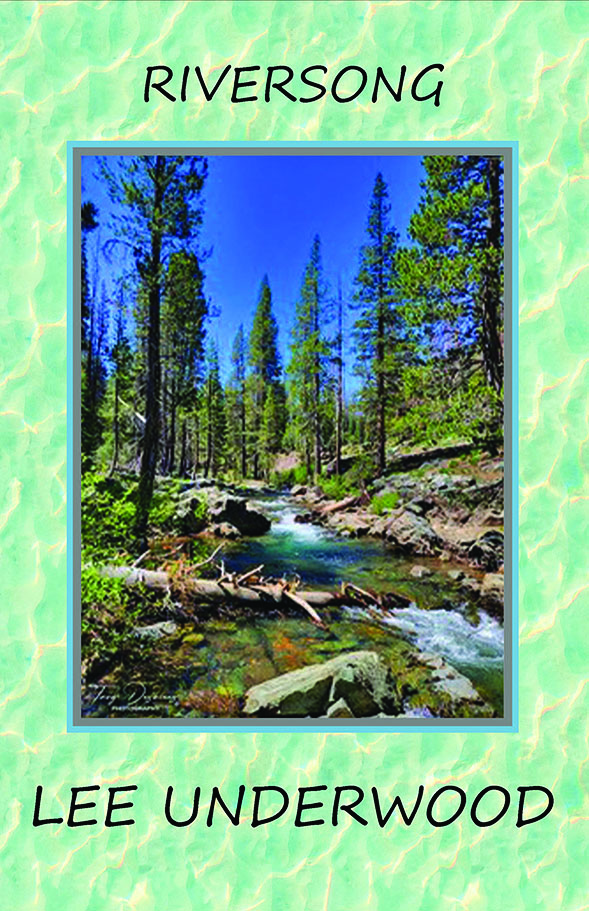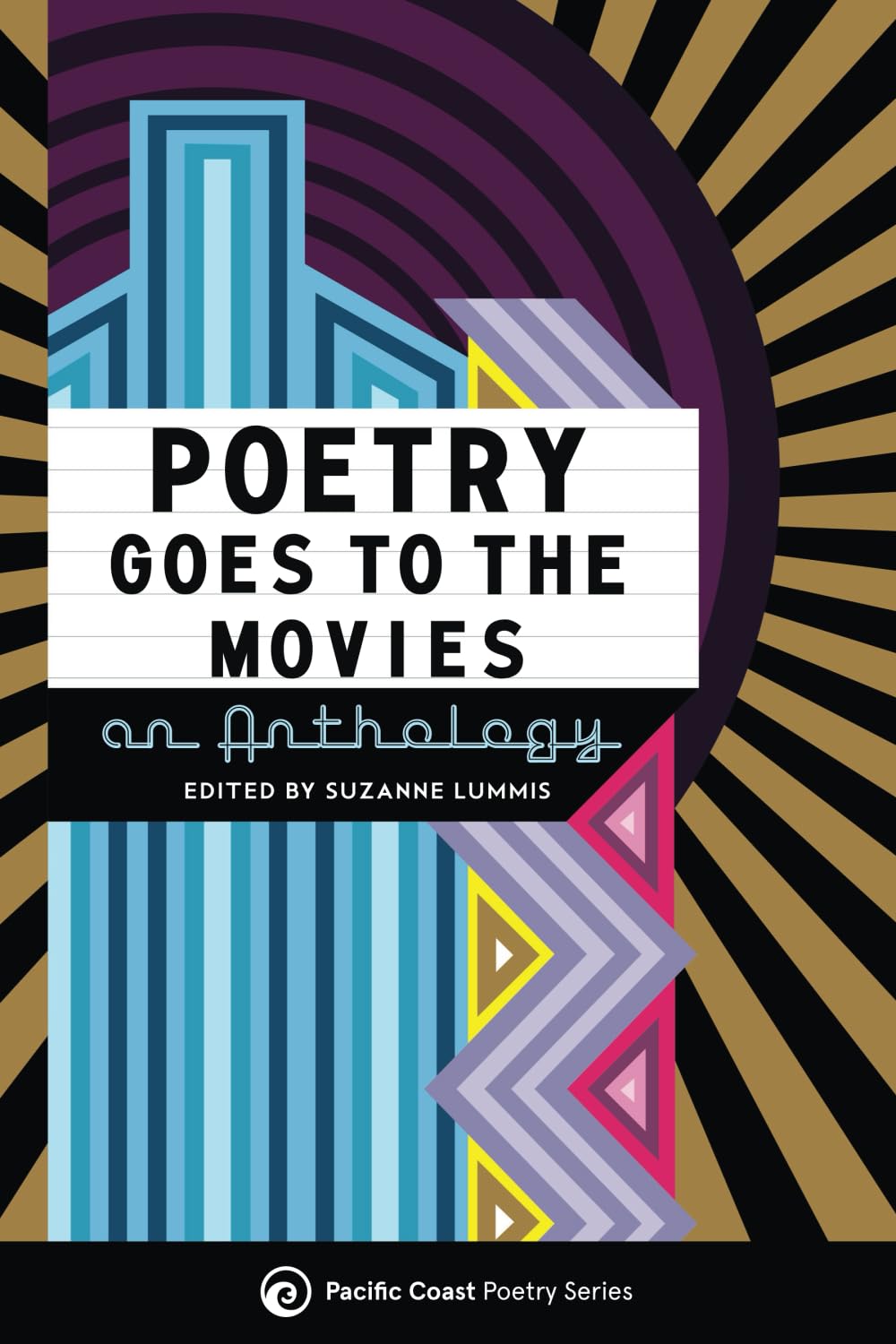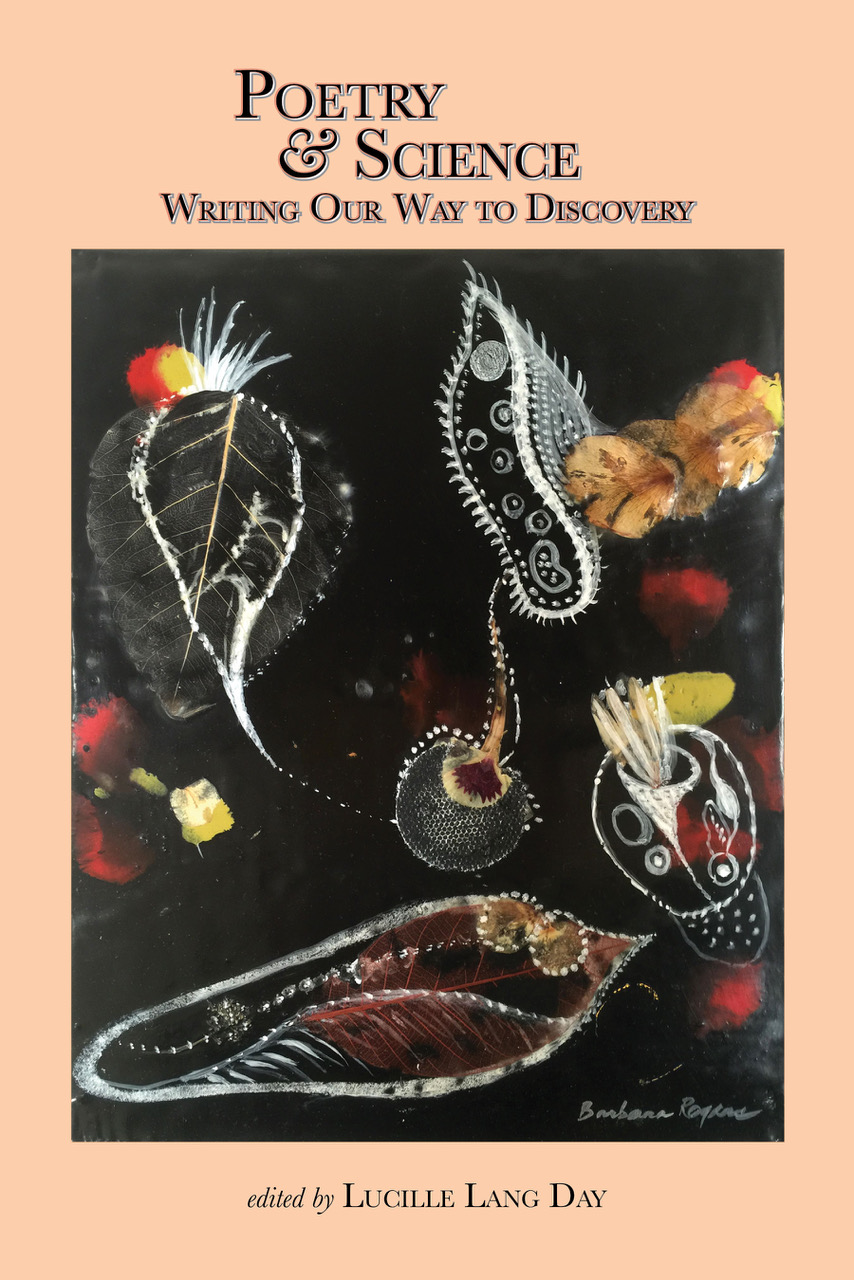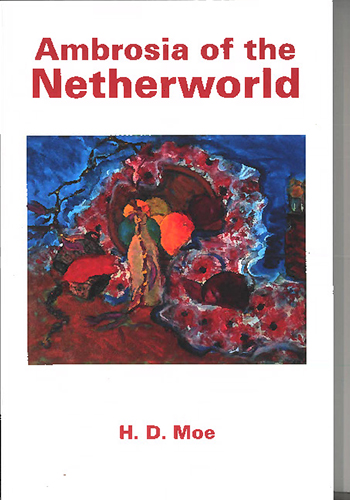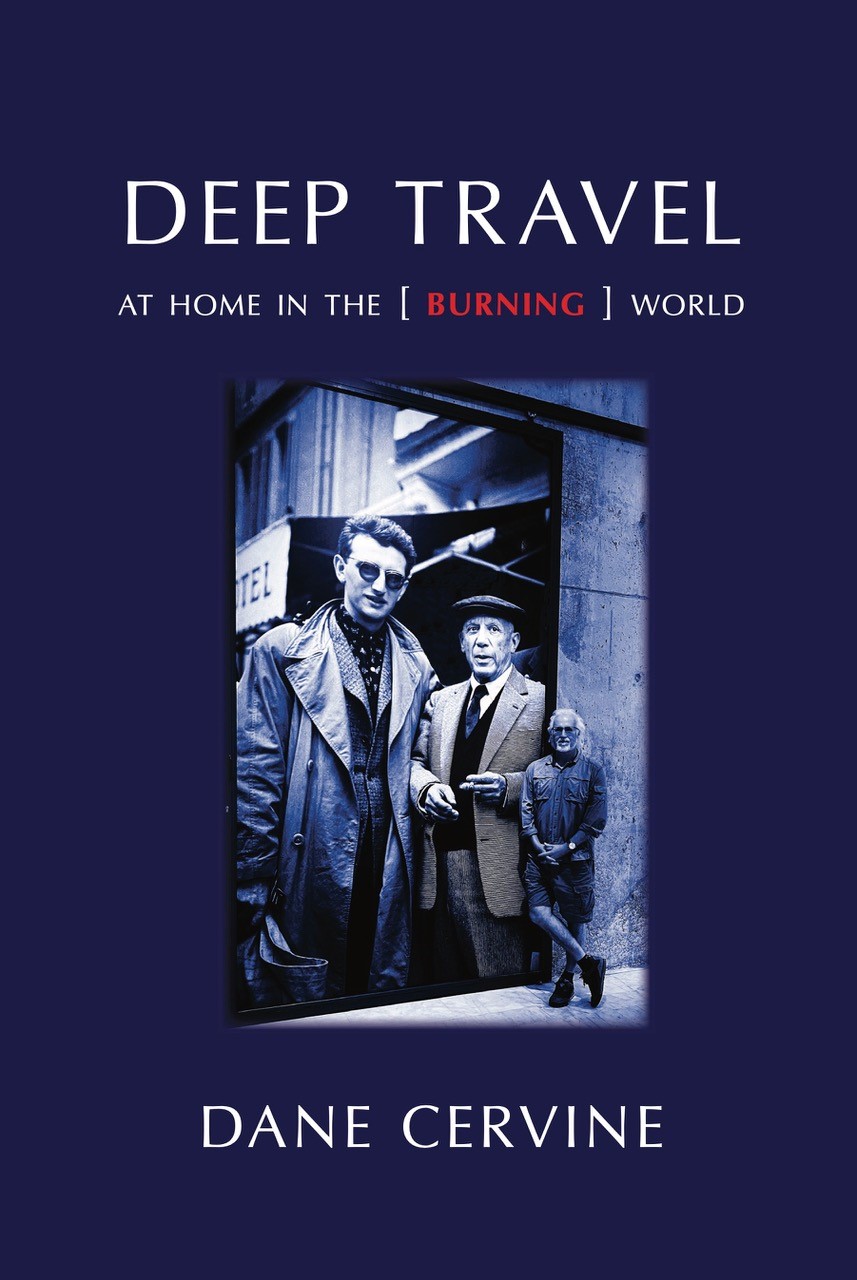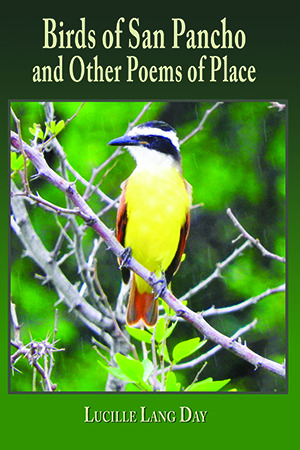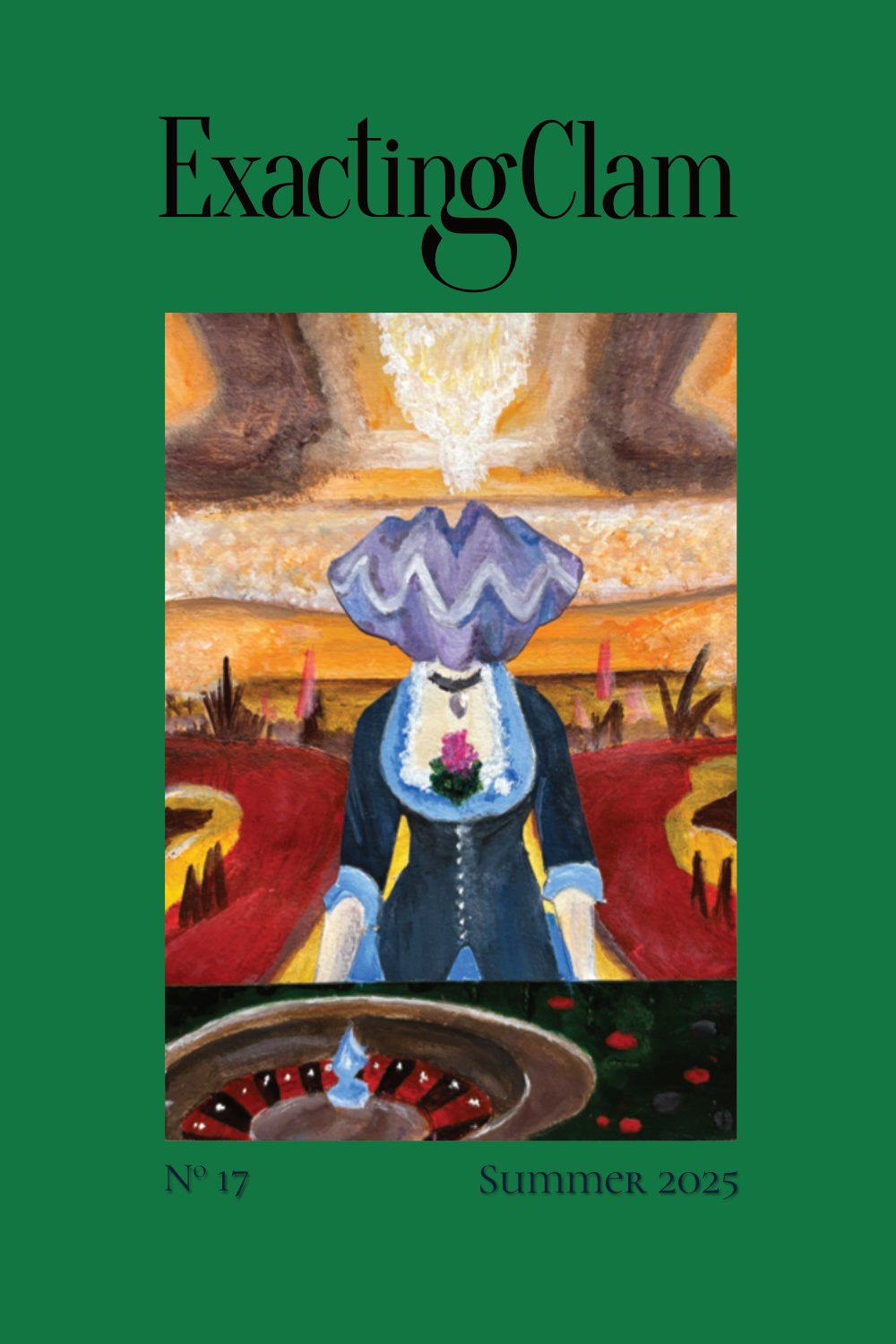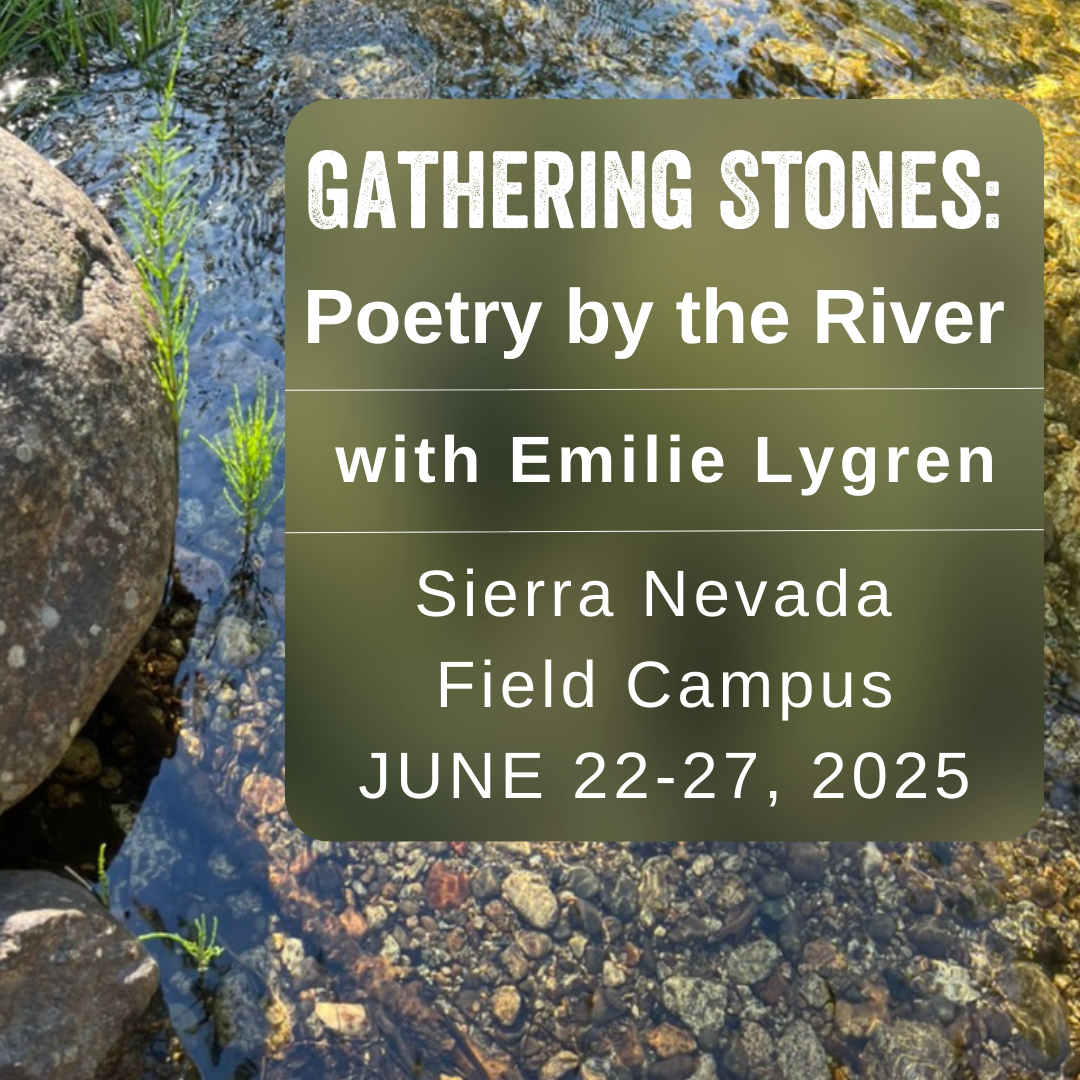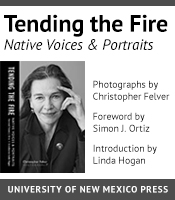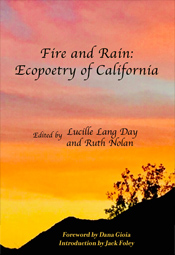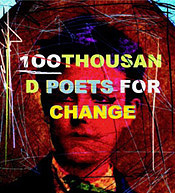
In Dreamtime
an essay by Joy Harjo
A few nights ago I walked carefully across a stream to a temple in Cambodia, another morning I was in a prayer house of a northwest plains tribe in the middle of the last century. Most often I recycle emotional junk in a grey universe, especially after eating pizza just before sleep. It's hearing that stirs first; breaks the dreaming. I run my consciousness up and down my body, test the air, and slide out of sleep while palms rustle, or cottonwoods shiver (depends on where I am). I attempt to keep my consciousness within as I flip my computer on in the dark. This is when I like to write, in dreamtime, before thinking interferes with surface knowing.
Other times I have awakened in another body, somewhere else. Once I stood up on a tropical island, ambled out onto a porch, looked down at my blue black feet and watched time float during a humid afternoon in a daze of old age. Until I heard: "it's time to go back" and then a whoosh and I woke up in an apartment in Santa Fe, as a twenty-year-old poet with two small children. I got up, then, to write on my typewriter. The dreaming gave me my context, the depth within the poetry.
On the best of days I write without interruption for a couple of hours. I always attempt to write within this space of not-thinking. The process of writing, for me, mimics dreamtime. Sometimes I imagine it and open the door that way.
And then I put it all down and do the things we humans ordinarily do. I shower, walk outside and acknowledge the gifts, take care of business which means fielding calls, answering emails, writing blurbs, blogs and other small articles I've agreed to do and always wonder why I said yes. And then there are always family cares, house stuff, and other personal negotiations. Though I am out here on the island of O'ahu for much of the year, I am utterly tied to my family and nation, the Mvskoke people. Frequently I'm on a trail by plane between here, Albuquerque and Tulsa. Even traveling I still write in the dark and keep that promise between my soul and time. This writing process is a teacher. The most important lesson is listening. I give myself over to it. There are many sets of ears, both within, and without.
After writing and business (and business blooms and will take over if allowed) I workout at the gym, swim or go out and do some outrigger canoe paddling in the ocean. Then, in the afternoon I practice sax, bass, ukulele and construct songs. There are always a few phone calls, and reading is a sweet luxury. I usually have several books going at once, including Eric Gansworth's, Breathing the Monster Alive, poetry by Rumi, a Blake biography and some heavy metaphysical texts. I listen to everything from John Coltrane to Tahitian anything, to Johanna's Blues stomp dance. Sometimes I bake. I'm known here as the person who makes the best chocolate chip cookies on the island.
After watching the sun disappear to the west I often turn back to writing. Here is when I invite my conscious intellect back in, to hammer out the structure, the terms of the piece. The inner door remains open during this process. It's a negotiation. If we're lucky, there's form, beautiful aesthetics, edge, and some music. This goes whether it's a poem, song, story, film, or a photograph.
Most days it isn't like this at all. I could be shuffling my way through an airport in the Midwest, arguing with airline personnel over putting my horn in the overhead, rehearsing several days in a studio, jotting down notes and dreams during breaks, driving grandchildren out to the ceremonial grounds after stopping first for ice at the edge of Okmulgee. This art is portable and closest to the heart.
Each day has a set of its own negotiations. As a young mother with small children my art was squeezed between sleep and naps. My poems were imagistic symbols of what was possible within moments. The children grew; the perception and experience of time changed. When I was in my twenties there was no limit or care of time. We were always dressed for dancing. Now when I look out on the surface of age, time is a greasy, taut and growing shorter string. When I peer into dreamtime, it is everlasting. There is no time; it is all one day.
![]()
This essay was written for a collection of essays about poets and their working days called "Shifts: Poets and the 24/7," edited by Kathleen Lynch and Susan Kelly-DeWitt, now in manuscript and seeking a publisher. Published here by permission of the poet and editors.




